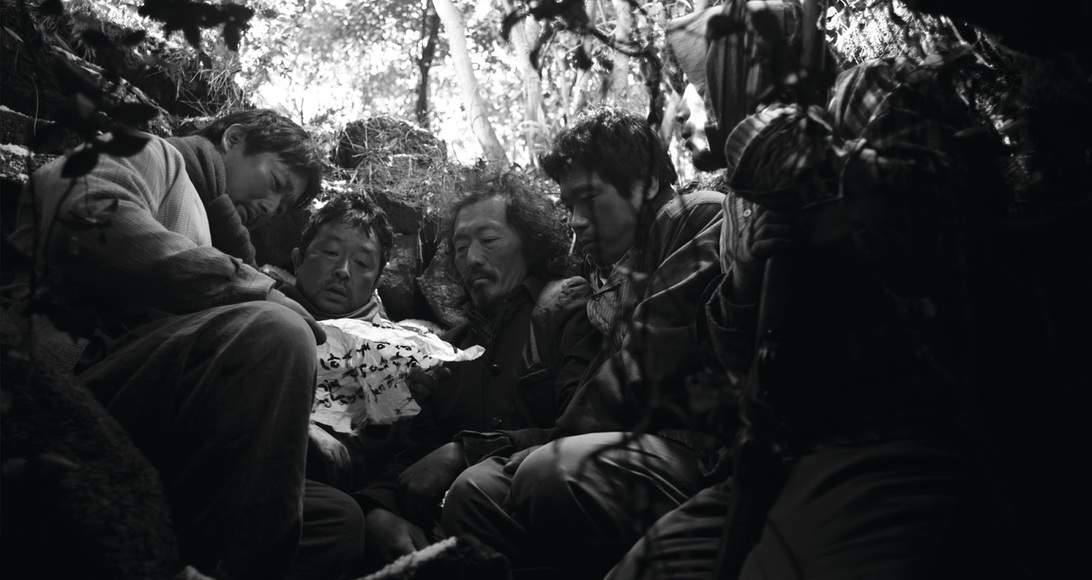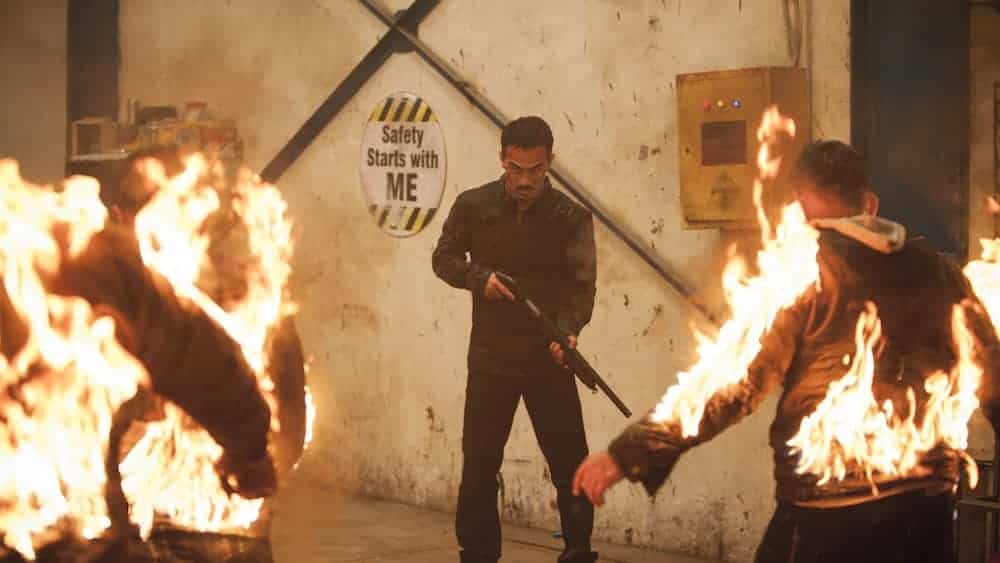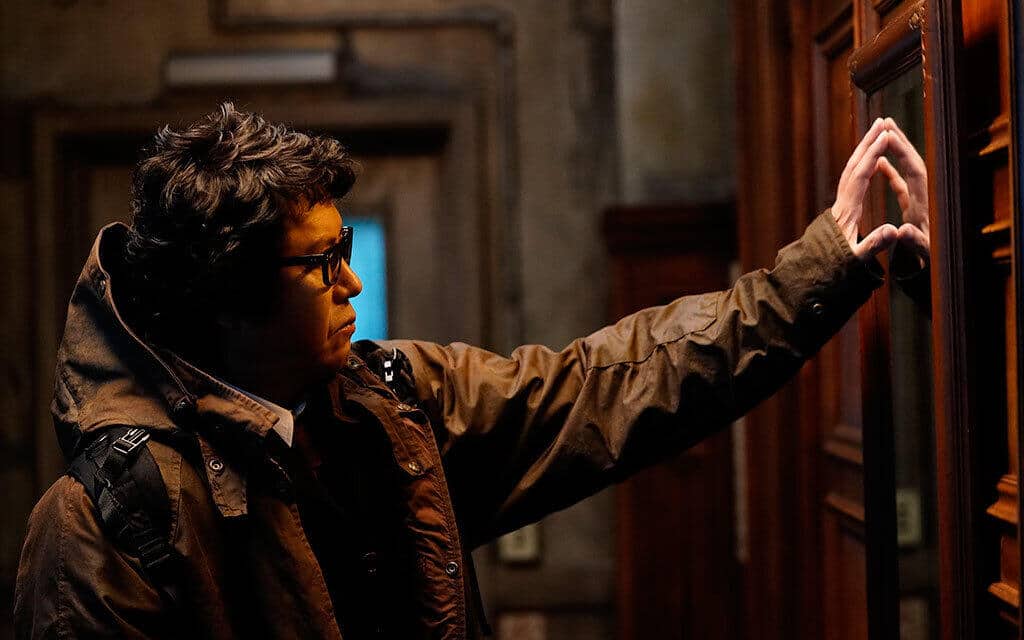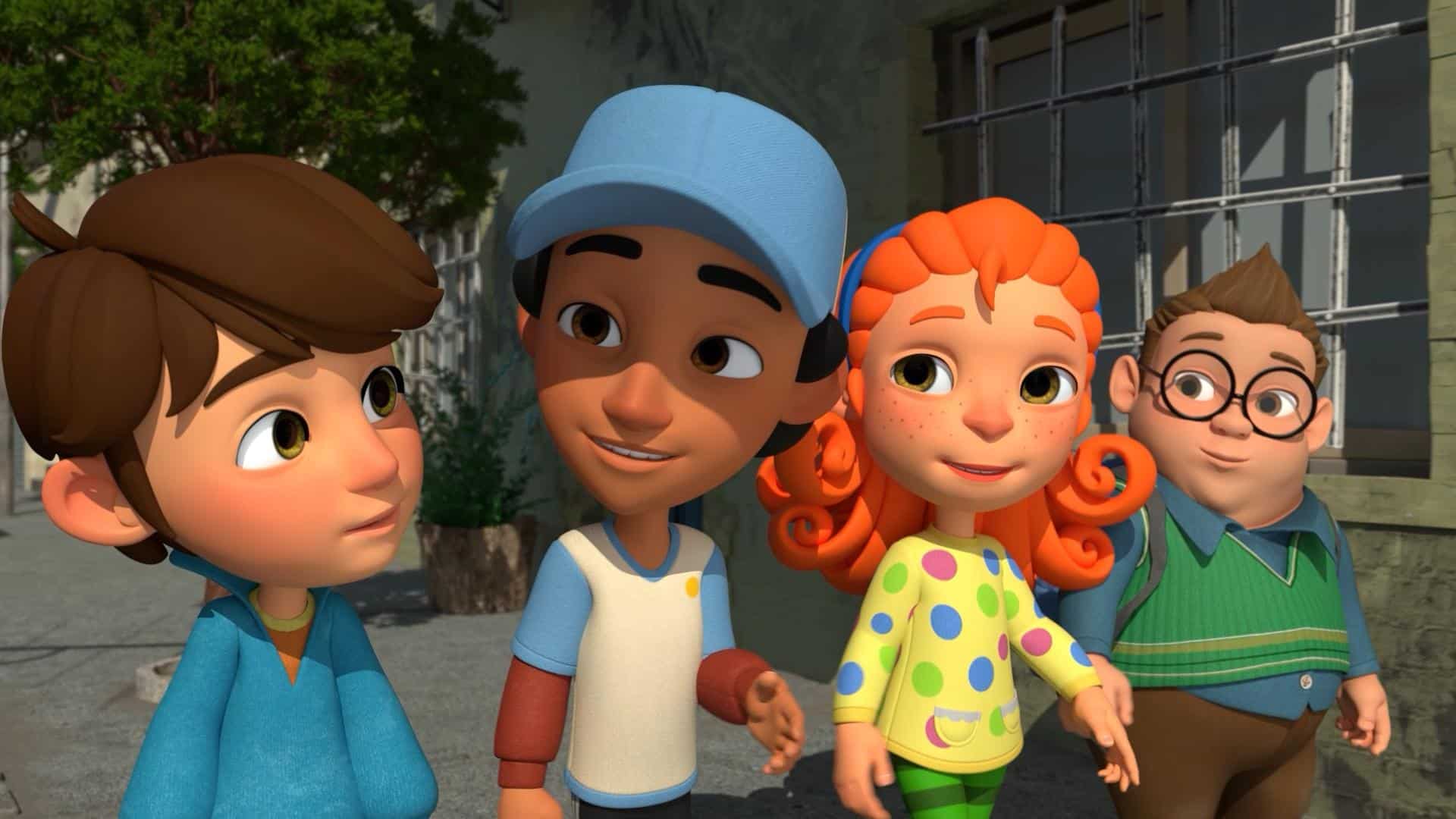If one traces back a country's history, to that point when suddenly its economic and social landscape changed quite dramatically, in the case of Thailand this moment has to be the year 1997. Many Asian cultures were hit by the economic crash which caused millions to go bankrupt, businesses to fail and laid the groundwork for the disintegration of many families, which is one of the reasons Thai director Lee Chatametikool picked this year as the setting for his 2013 directorial debut “Concrete Clouds”. In an interview with easternkicks he explains how that point in the 1990s marked a transitional period for his home country, as it transitioned “into a more consumer and capitalist culture”. His effort was met with quite a lot of international praise from critics and audiences alike, culminating in three National Film Association Awards in his home country for Best Picture, Best Director and Best Supporting Actress.
Concrete Clouds is screening at Hong Kong Arts Centre

After having left his home in Thailand many years ago, Mutt (Ananda Everingham) has been working as a currency trader in New York City. Apart from making a career for himself, he is also in a relationship, which has been put to the test lately due to problems at his job caused by the tense economic climate. However, he has to return to Thailand when he hears the news of his father's suicide after the family business went bankrupt. Back home he has to deal with the funeral arrangements and his estranged relationship to his brother Nic (Prawith Hansten), with whom he, despite his best efforts, fails to connect emotionally.
Whereas his older brother runs into his old flame, Sai (Janesuda Parnto), who, after a career in acting, now works as a market researcher, Nic dreams of being in a love relationship with Poupee (Apinya Sakujaroensuk). As both brother cannot talk about the loss of their father and seem unable to re-connect, Nic and Mutt have to face the change of their surroundings, their family and the uncertain future which lies ahead of them.
Combining a personal story with a deeply important period in a country's history, is certainly a great way to reflect on the kind of changes a culture had to go through. Given the loss of their father, both brothers seem to be at odds with each other, uncertain about how to talk about the topic, frequently evading their presence or clinging onto simplistic saying about manhood and love, for example, when Mutt tries to tell his brother about the obligation of a man. This atmosphere of uncertainty is mirrored in the images of the feature, the changing urban landscape, which is a sharp contrast to the old building surrounding it. Similar to the brothers in the film, you will wonder what is about to come out of this development and how it might shape people, adding a layer of anxiety and even fear to many scenes.
While Chatametikool knows how to combine the two layers of his narrative, there are a few flaws which need to be addressed. Perhaps the most frustrating issue with “Concrete Clouds” is how little of an impact the suicide of their father leaves on the two brothers, which takes away some of the drama but also the effect this event might have had. Considering there is a need to change and reflect on their past, which both characters do quite a lot, you at time do not fully understand the motivation behind this. Additionally, there is also an issue with the pacing of the story as the feature takes its time to make a point, which could have been done a lot sooner and with a bit more impact.
In the end, “Concrete Clouds” is a solid drama about a transitional period in Thai history, as well as the family history of two brothers. While it has its flaws, Lee Chatametikool manages to direct a promising first feature, unafraid of tackling important social, political and economic issues.
















